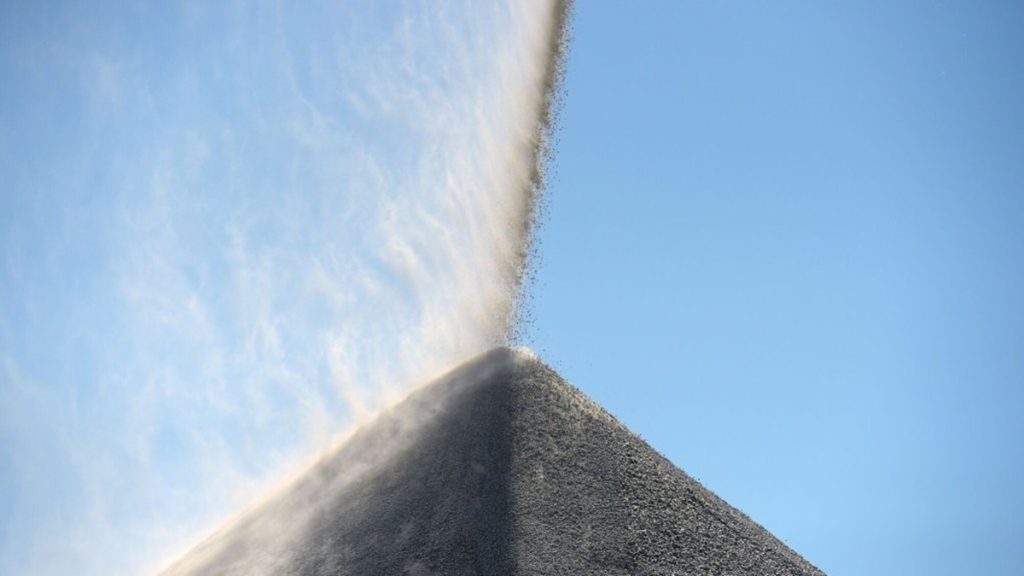Nigeria plans to commission two major lithium processing plants in 2025, marking a significant step away from raw mineral exports and towards value-added production, the country’s mining minister announced on Sunday.
The facilities, primarily financed by Chinese investors, represent a broader push by the government to transform Nigeria’s rich mineral reserves into engines of local job creation, industrial growth, and technological advancement.
“We are now focused on turning our mineral wealth into domestic economic value — jobs, technology, and manufacturing,” said Minister of Solid Minerals Development, Dele Alake.
A $600 million lithium processing plant near the Kaduna-Niger state border is expected to be commissioned in the current quarter, according to Alake. Another $200 million lithium refinery, located on the outskirts of Abuja, is also nearing completion and will come online shortly afterwards.
In addition to these two facilities, Alake disclosed that two more processing plants are scheduled to be launched in Nasarawa State—just east of the capital—before the third quarter of 2025.
More than 80% of the funding for these four plants has been secured from Chinese companies, including Jiuling Lithium Mining Company and Canmax Technologies (300390.SZ), according to separate statements from governors of the host states. The remainder of the equity is held by Nigerian firm Three Crown Mines. The Chinese companies have yet to issue public comments regarding their investments.

The move comes on the heels of a 2022 report by the Nigerian Geological Survey Agency, which identified large reserves of high-grade lithium in at least six Nigerian states. The findings sparked a surge of international interest in Nigeria’s lithium sector, particularly from investors seeking alternatives to traditional supply chains dominated by countries like China and the Democratic Republic of Congo.
This lithium push is part of Nigeria’s broader strategy to overhaul its long-overlooked mining sector, which currently contributes less than 1% to national GDP. Recent policy reforms have included restrictions on raw mineral exports, formalisation of artisanal mining operations, and the creation of a national mining company, in which investors can hold up to a 75% stake.
By investing in domestic processing, Nigeria aims not only to increase the economic benefits of its mineral resources but also to reposition itself as a strategic hub in the global battery and electric vehicle supply chain.


 Trending
Trending 